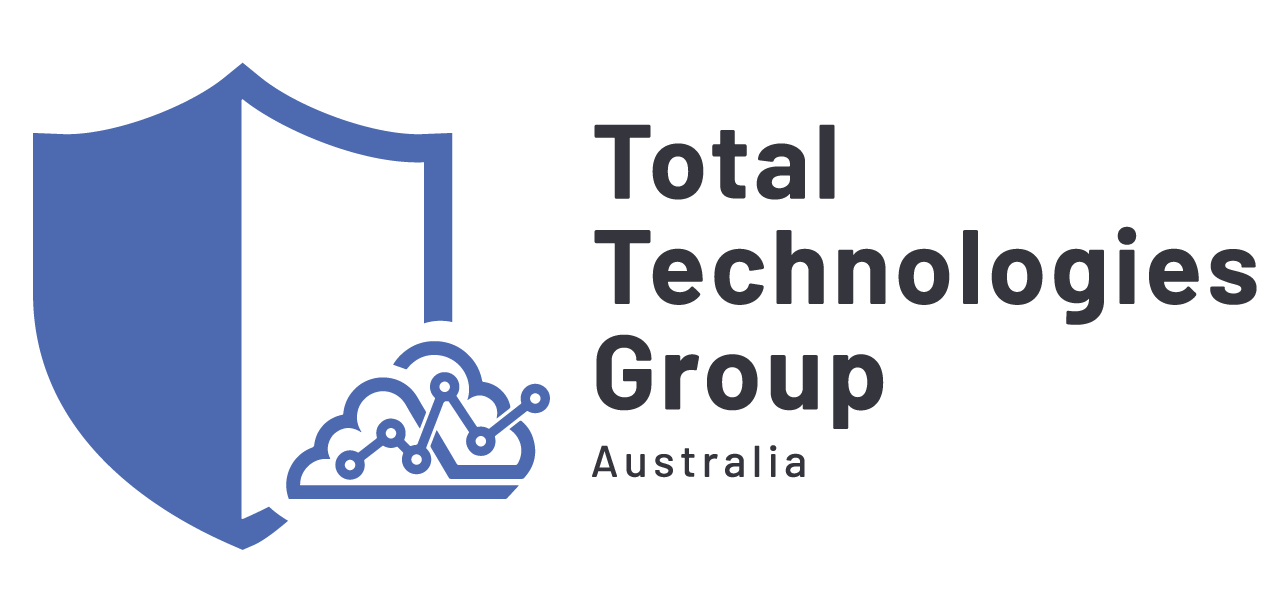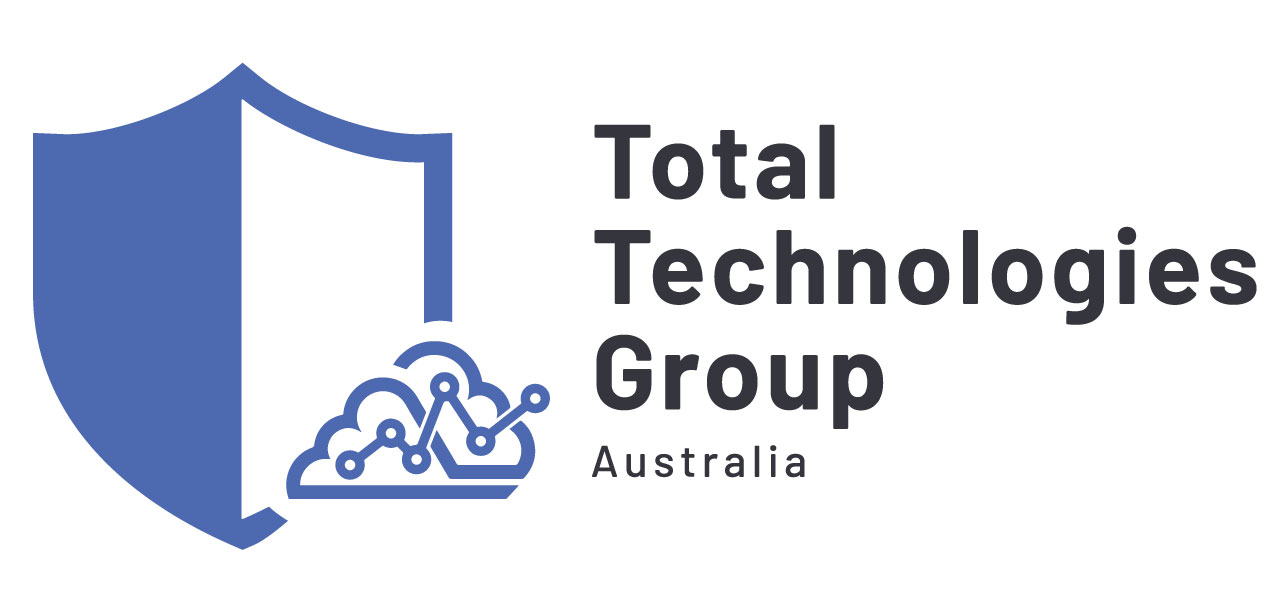/
- Cyber Security
Cyber Security for small business
In today’s digital age, cyber security has become an essential concern for small businesses. As threats continue to evolve, the protection of sensitive data is increasingly crucial. Small businesses, often perceived as easy targets, are facing a growing number of cyber attacks. Therefore, implementing robust security measures is no longer optional; it is a necessity.
At the same time, understanding the various aspects of cyber security can empower small business owners to safeguard their operations effectively. By adopting proactive strategies and leveraging innovative solutions, businesses can enhance their defense against potential threats.
In this landscape, it is imperative that small businesses remain informed about the latest cyber security trends and best practices. As we explore the critical components of cyber security, we will uncover how investing in effective security measures can lead to increased trust from clients and partners, ultimately contributing to business success.

The Evolving Landscape of Cybersecurity Threats
In an increasingly digital world, the landscape of cyber security threats is constantly changing. Cyber attacks are becoming more sophisticated, and as technology advances, so too do the tactics employed by cybercriminals. This evolution poses significant risks, particularly for small businesses that may lack the resources to effectively defend against such threats.
Today, organizations face a wide array of cyber security challenges, including ransomware attacks, phishing scams, and data breaches. Understanding these threats is crucial for businesses to implement effective protective measures.
As cyber threats continue to evolve, it is essential for companies to stay informed about the latest developments in cyber security. By adopting proactive strategies and investing in robust security solutions, businesses can mitigate risks and safeguard their sensitive information. Ultimately, a strong commitment to cyber security not only protects assets but also builds trust with clients and partners in an ever-changing digital landscape.
Strategies to Protect Your Business from Cyberattacks
A key linchpin in cybersecurity, often advised by cybersecurity consultant, is its human component. Employees should receive training on best practices such as recognizing phishing attempts, using strong passwords, and avoiding suspicious links/downloads.
The Importance of Regular Security Audits and Updates
Identifying Vulnerabilities
Regular security audits from both an internal and external perspective help identify any vulnerabilities within your IT infrastructure that could be exploited by cybercriminals. Such assessments help expose weaknesses that could allow cyber attackers access.
Keeping Pace with Threats
Cybersecurity threats evolve continually; therefore security measures, policies, and procedures must remain updated and effective against emerging threats. Regular reviews ensure this.
Compliance Requirements
Many industries impose cybersecurity compliance requirements. Regular security audits help your business remain compliant, decreasing fines or other legal consequences that might otherwise ensue.

